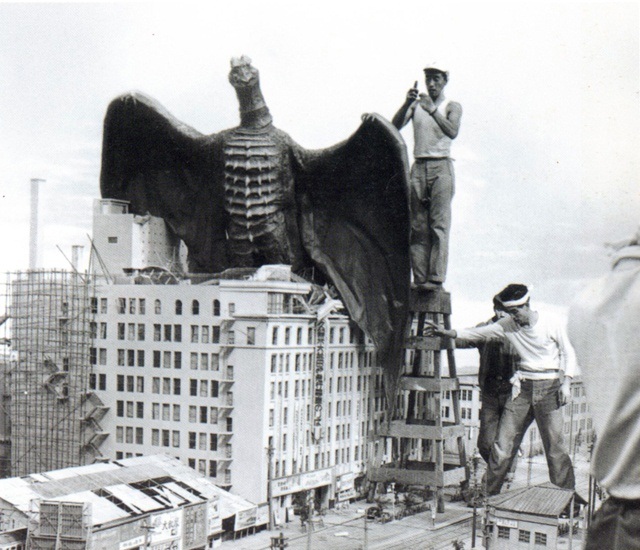This was first published in the Anti-Capitalist Initiative ’s Which Way?, a free publication given out at the People’s Assembly in London on 22nd June. We were commissioned to write a very brief piece sketching a few of the ideas we’ve been thinking about around the economic failure and social misery of a society predicated on work.
Work isn’t working. It is becoming harder and harder to meet our basic needs through wages alone. Wage repression, zero-hour contracts, casualisation, temping, interning, unemployment – all of these are making work increasingly inadequate as a means of subsistence. Yet we have no way of surviving if we do not work. And cuts to welfare are making this situation even more severe. The current consensus across the political class is that the imperative to work – any work, no matter how pointless, valueless or degrading – must be enforced at any cost. Socialised means of subsistence are being viciously withdrawn from those who – through low wages, underemployment, disability or unemployment – cannot subside on waged work. Work, despite being increasingly unavailable and unremunerative, is held up as the only option. This is a profound crisis.
But this is not just a crisis of idiot policy and everyday misery. It is a crisis of the way we currently produce and distribute things. Technological innovation has enabled leaps and bounds in productivity, whilst the workforce is laid off. Less and less labour is needed to produce more and more goods. Even in China, the mythical home of a billion-strong workforce, the number of people employed in industrial production remained the same whilst the economy tripled. Work is increasingly unnecessary for the production of things we need and want.
But the fervour for hard, long graft only intensifies. Jobs are created; performance is audited, targets are set and reviewed. Other, non-productive markets are mined; rents are extracted from housing and copyright patents. Debt is used to replace wages; interest is charged and financial derivatives are traded. The cataclysmic global collapse of the debt system in 2007, due to underpaid and underemployed debtors defaulting on their loans, exposed both the centrality of debt as the linchpin of the global economy, and its inadequacy for this task.
The current political class is unable to respond adequately to this situation. Instead, they blindly churn out anti-welfarist policy which intensifies and accelerates the catastrophe. Meanwhile the mainstream left continues to gently mouth anachronistic demands for job creation.
It is for us to find the way out of the present impasse of work. The imperative to work must be eroded. The right-wing press has invented a vicious mythology to attack any deviation, however imaginary, from the work ethic: those who do not work (hard enough, long enough, no matter what) are destroying both the economy and the soul of the nation. This must be our first point of attack.
For all its vehemence, the mythical sanctity of work remains out of step with people’s actual experience of work; its misery, its scarcity, its pointlessness. The decline of work is a reality which we live day to day, and which causes enormous psychological distress – anxiety, misery, feelings of despair and worthlessness. We are told work is our life, when our work is meaningless, valueless and perpetually about to lay us off anyway. Collective enquiries into the lived realities of work and worklessness must supplement clear, public and entertaining denouncements of the work ethic as both economically obsolete and poisonous to meaningful life and creative activity.
Together with this ethical offensive, we must campaign for the delinking of work from the wage. At a time when universal employment is a thing of the past, the continued insistence that subsistence must always be conditional on work is potentially murderous. We must initiate and further politics that transform the wage relation. Concretely, we must engage in both struggles to defend and expand the social wage (free public services) and struggles to extend the accessibility of wealth irrespective of work. A key demand is for a universal basic income, that is unconditional on work and enough to live on. A starting point for such a demand could be that Universal Credit is made unconditional and paid at the median income level, and workfare placements are chosen by the participant and could include any activity they wanted – including teaching, programming, art, journalism, study, community organising, music, or any other work they might do which is currently unpaid.
Already, workfare has eroded the link between wages and work. This is the right principle, just applied upside down: instead of wageless work, the 21st century must see the advent of the workless wage. The demand for workless wages is directional, not an endpoint: freedom from the 40+ hour working week is freedom to shape what we are collectively capable of doing and becoming.
– Plan C Manchester, Workers Against Work Working Group



